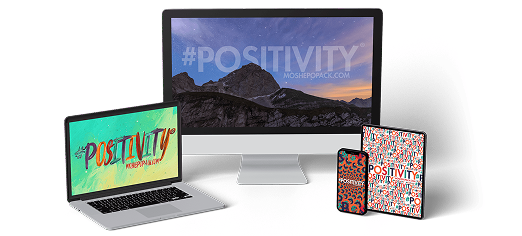Hustle culture is actually ruining entrepreneurship. The nature of humans is that we’re not robots. To do it correctly the first time, you have to be slow and methodical.
When I went to law school, I worked at a big law firm in Manhattan, with 80-hour work weeks. After five years, 90 percent of the employees quit that firm. So, there has to be balance. And you must set up foundationally to take the time in the beginning, live simply, and really focus on slowing it all down.
Here’s more on the downside of hustle culture.
Hustle culture has emerged as a prevailing theme in contemporary society, celebrating unyielding work ethics, perpetual productivity, and the notion that success is attainable solely through relentless effort. While the pursuit of achievement can serve as a source of inspiration, this mindset carries considerable drawbacks that can adversely impact individuals’ well-being, interpersonal relationships, and overall life satisfaction.
1. Burnout and Mental Health Challenges – A significant concern associated with hustle culture is the widespread occurrence of burnout. The continuous drive to work harder and longer can result in both physical and emotional fatigue. Individuals who embrace this lifestyle often experience symptoms such as exhaustion, anxiety, and depression. The relentless demand for productivity can create a stress cycle that negatively influences mental health, leaving individuals feeling overwhelmed and dissatisfied despite their hard work.
2. Deterioration of Personal Relationships – The focus on professional success frequently causes individuals to place their careers above personal relationships. As people become increasingly engrossed in their professional goals, friendships, family ties, and social interactions may suffer. This neglect can lead to strained relationships and feelings of isolation. Over time, the sacrifices made in personal life in pursuit of career growth can create an emptiness that mere success cannot remedy.
3. Compromised Work Quality – Paradoxically, the incessant drive to hustle can result in a decline in the quality of work produced. When individuals are fatigued or overwhelmed, their capacity for creative and critical thinking is diminished. Rushed tasks and a lack of attention to detail often stem from operating beyond one’s limits. Ultimately, this can impede long-term success, as the caliber of work is crucial for establishing a reputable career or brand.
4. Deterioration of Work-Life Balance – The hustle culture fosters the belief that personal time must be sacrificed for professional advancement. This deterioration of work-life balance can lead to significant negative outcomes. Individuals may find themselves working late into the night or on weekends, which can result in insufficient time for self-care, hobbies, and relaxation. Over time, this imbalance may breed resentment towards one’s job and diminish overall life satisfaction.
5. Misconstrued Notions of Success – Hustle culture frequently equates success with relentless activity and measurable accomplishments, such as promotions, financial rewards, or public accolades. This limited perspective can cause individuals to disregard other vital elements of life, including personal development, happiness, and well-being. The pressure to conform to societal definitions of success can lead to unfulfilling endeavors that ultimately leave individuals feeling unfulfilled.
6. Adverse Effects on Physical Health – The disregard for self-care and healthy practices is another significant drawback of hustle culture. When work takes precedence, individuals may prioritize deadlines over proper nutrition, exercise, and adequate sleep. This neglect can lead to various physical health issues, including obesity, cardiovascular diseases, and weakened immune systems. The long-term consequences of such choices can severely impact one’s quality of life.
7. The Development of a Toxic Work Environment – Hustle culture can infiltrate organizational settings, resulting in toxic workplaces where employees experience pressure to overextend themselves. This environment promotes competition at the expense of collaboration, leading to detrimental comparisons and diminished morale. Employees may feel obligated to work additional hours, often sacrificing their health, driven by the fear of lagging behind or facing judgment from colleagues.
In conclusion, although the ambition to achieve and exert effort is admirable, the adverse effects of hustle culture are considerable and warrant attention. Burnout, strained interpersonal relationships, diminished work quality, and health complications are merely a few of the repercussions stemming from this unyielding quest for productivity. It is crucial for both individuals and organizations to reconceptualize success in a manner that prioritizes balance, well-being, and authentic fulfillment over mere busyness. By fostering a more balanced approach to work, we can cultivate a culture that encourages sustainable success and improves overall quality of life.

